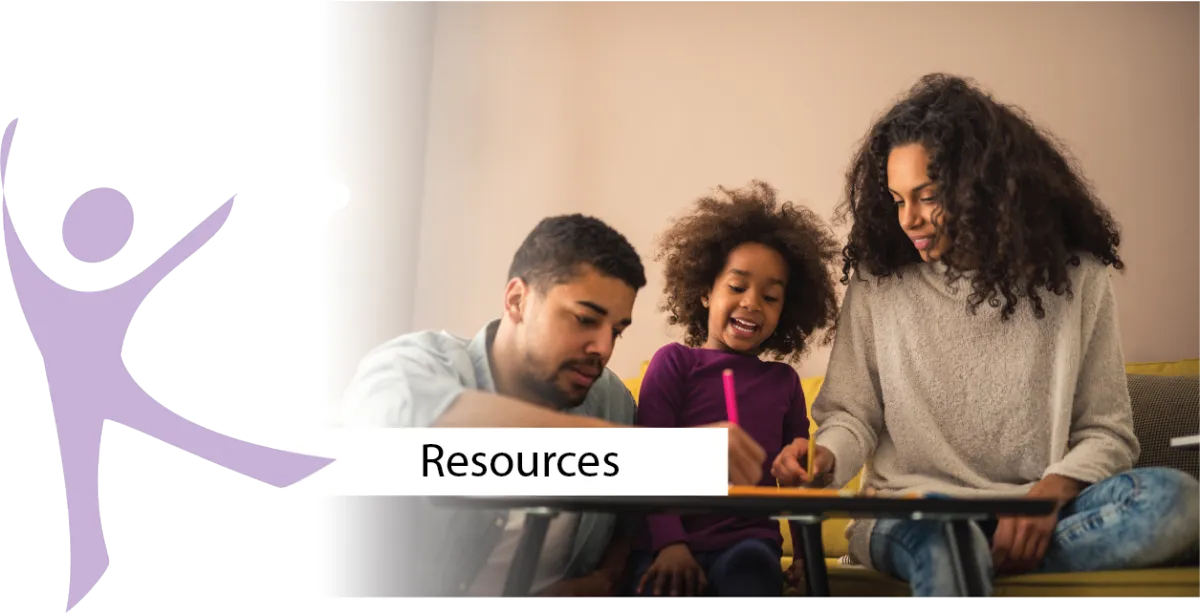

How Do We Help Children Learn About Repairing Relationships After Big Feelings?
As parents, we’ve all been there - our child has a meltdown or an emotional outburst, and in the aftermath, we’re left wondering how to help them navigate the situation. Big feelings can be overwhelming for children, and they often don’t have the tools to repair relationships after an emotional episode. Teaching children how to mend relationships is a crucial life skill that fosters emotional intelligence, builds resilience, and strengthens their social connections.
In this blog, we’ll explore why repairing relationships is important and share three practical tips to help your child learn this valuable skill.
Why Is Repairing Relationships Important?
When children experience big feelings, their behaviour often communicates emotions they can’t yet articulate. These moments can lead to hurt feelings, misunderstandings, or even conflict with family members, friends, or teachers. Learning how to repair relationships after these episodes is essential for several reasons:
1. Fosters Emotional Growth: Repairing relationships helps children understand the impact of their actions and emotions on others, promoting empathy and self-awareness.
2. Builds Resilience: Knowing how to make amends teaches children that mistakes are a natural part of life and can be resolved, which builds their confidence in handling future challenges.
3. Strengthens Bonds: Repairing relationships reinforces trust and connection, showing children that relationships can withstand difficult moments.
By teaching children how to repair relationships, we equip them with tools to navigate the ups and downs of life with confidence and compassion.
3 Easy Tips to Help Your Child Learn About Repairing Relationships
Here are three actionable tips to guide your child in learning how to repair relationships after experiencing big feelings:
1. Model the Behaviour You Want to See
Children learn best by observing the adults around them. When you make a mistake or have a moment of frustration, take the opportunity to model how to repair the situation. For example, if you raise your voice during a stressful moment, acknowledge it and apologise:
"I’m sorry I raised my voice earlier. I was feeling overwhelmed, but that’s not how I want to talk to you. Let’s work together to solve this."
By demonstrating accountability and empathy, you show your child that it’s okay to make mistakes and that repairing relationships is a natural and important process.
2. Teach Them To Name Their Feelings
Big feelings can be confusing for children, and they may struggle to understand or express what they’re experiencing. Helping your child build an emotional vocabulary is a powerful step toward repairing relationships.
Encourage your child to name their feelings during or after an emotional episode. You might say:
"You looked really frustrated when your toy broke”.
Once they can identify their emotions, guide them in expressing how they felt and why. This not only helps them process their own feelings but also opens the door for meaningful conversations with others involved in the situation.
3. Encourage Simple Acts of Repair
Repairing relationships doesn’t have to be complicated. Encourage your child to take small, meaningful steps to make amends. Depending on the situation, this could include:
Saying a heartfelt “I’m sorry.”
Drawing a picture or writing a note to express their feelings.
Offering a hug or a kind gesture to show they care.
It’s important to emphasise that repairing relationships isn’t about blame or punishment—it’s about understanding, connection, and moving forward. Praise your child’s efforts to repair relationships, no matter how small, to reinforce the importance of this skill.
Final Thoughts: Progress, Not Perfection
Remember, learning to repair relationships is a skill that takes time and practice. Your child won’t get it right every time, and that’s okay. What matters most is that they feel supported and encouraged to try. By modelling repair, teaching emotional vocabulary, and encouraging simple acts of amends, you’re giving your child the tools they need to navigate relationships with confidence and empathy.
Ready to Learn More?
If you’re looking for more strategies to help your child manage big feelings and build emotional resilience, join our waitlist for our free webinar:
Click here to sign up for the free webinar today!
Teaching children to repair relationships after big feelings is one of the most impactful gifts you can give them. Start small, stay consistent, and watch as your child grows into a more empathetic and emotionally resilient individual.

JumpStart's Lending Library
We've launched our very own library offering books & resources forParents/Carers and children connected with us. Books that promote children's strengths and abilities and celebrate diversity.
If there is a book you would like to borrow please email us. We will let you know when it is ready for pick up from Ochre Medical Centre Bathurst.
If you have recommendations for upcoming books to review, we'd love to hear from you!




